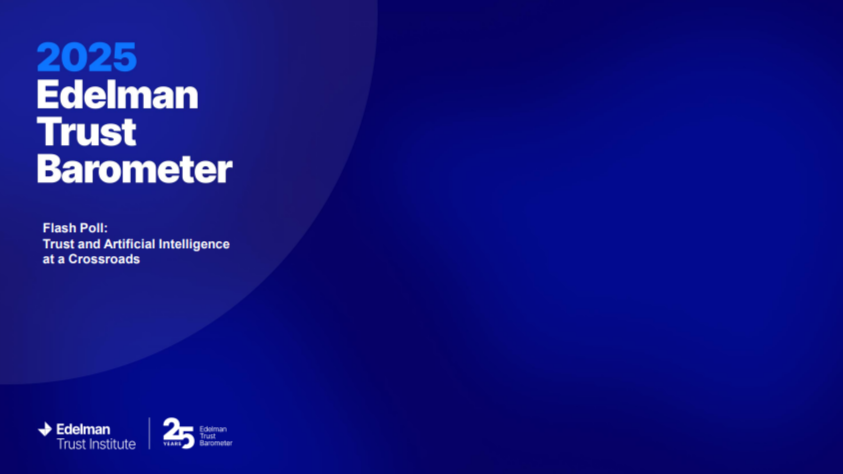Sefiani, part of Clarity Global, has launched its second annual Clarity Global Crisis Report. The report is a deep-dive that provides key trends, insights and learnings, exploring crisis and reputation management around the globe.
This year's report, focusing on "Navigating Crisis in the Age of Uncertainty", includes a practical, field-tested guide to real-world events: from cyberattacks to cultural missteps, reputational threats in emerging markets, and the new frontiers opened by AI.
Robyn Sefiani, President ANZ & Reputation Counsel at Sefiani, and Clarity Global Crisis Council lead said: "Boards, leadership teams, and communication professionals observing the rise and rise of the corporate crisis will be increasingly aware that the ways in which organisations prepare for and respond to reputational threats have rapidly evolved.
"We recognise that the speed, complexity and emotional intensity of crises today fundamentally differs from those of even a few years ago and this is what we set out to address."
The chapters explore core principles like authenticity, empathy, preparedness, cross-functional leadership, and cultural awareness. This includes the importance of muscle memory in crisis response, the power of a resilient internal culture, and how digital footprint can act as a shield or liability. Other lessons include why reputation management today must consider not only how people perceive your organisation, but also how AI might represent it.
Key takeaways
- Authenticity and Empathy Build Trust: Authentic messaging and empathetic leadership strengthen bonds with stakeholders during uncertainty. Audiences respond to sincerity and transparency, especially in moments of vulnerability.
- Preparation Creates Resilience: Crisis plans may never unfold exactly as written, but the planning process builds invaluable muscle memory. Simulation drills and content libraries of pre-approved statements save precious time and reduce panic in real scenarios.
- AI in Crisis Comms: Handle With Care: AI can amplify misinformation, but it also offers new capabilities for monitoring and messaging. The key is to apply AI with oversight and context, ensuring human judgment remains central.
- Culture is the Ultimate Safety Net: Many crises start from within. A healthy organisational culture - where ethics, transparency, and values are embedded - can prevent minor issues from snowballing into major scandals.
- Your Digital Footprint Tells a Story: In an age where online perception moves fast, digital reputation management must be ongoing. From SEO to privacy audits, a strong online presence can offer protection before, during, and after a crisis.
- One Size Does Not Fit All: Crisis response must be culturally fluent. What works in London may not apply in Lusaka. Understand local media landscapes, stakeholder expectations, and cultural norms for effective communication.
- Crises Can Position Brands for Growth: Brands that respond swiftly and transparently can transform a crisis into an opportunity. Organisations can strengthen customer loyalty and market trust by showing accountability and action.
- Cross-Functional Leadership is Critical: A successful crisis response depends on cohesive, cross-departmental leadership. Clear roles, mutual trust, and regular communication prevent silos and misinformation during high-stress periods.
- Post-Crisis Recovery Requires Strategy: Once the headlines fade, ongoing reputation repair is vital. Monitor for lingering misinformation, ensure corrective narratives are visible, and incorporate lessons learned into future planning.
- Clarity Matters Most Under Pressure: In every stage of a crisis, the clarity of your message, such as who it’s from, how it’s delivered, and what it means, can make or break outcomes. Communicate simply, consistently, and humanely.
.jpg)


